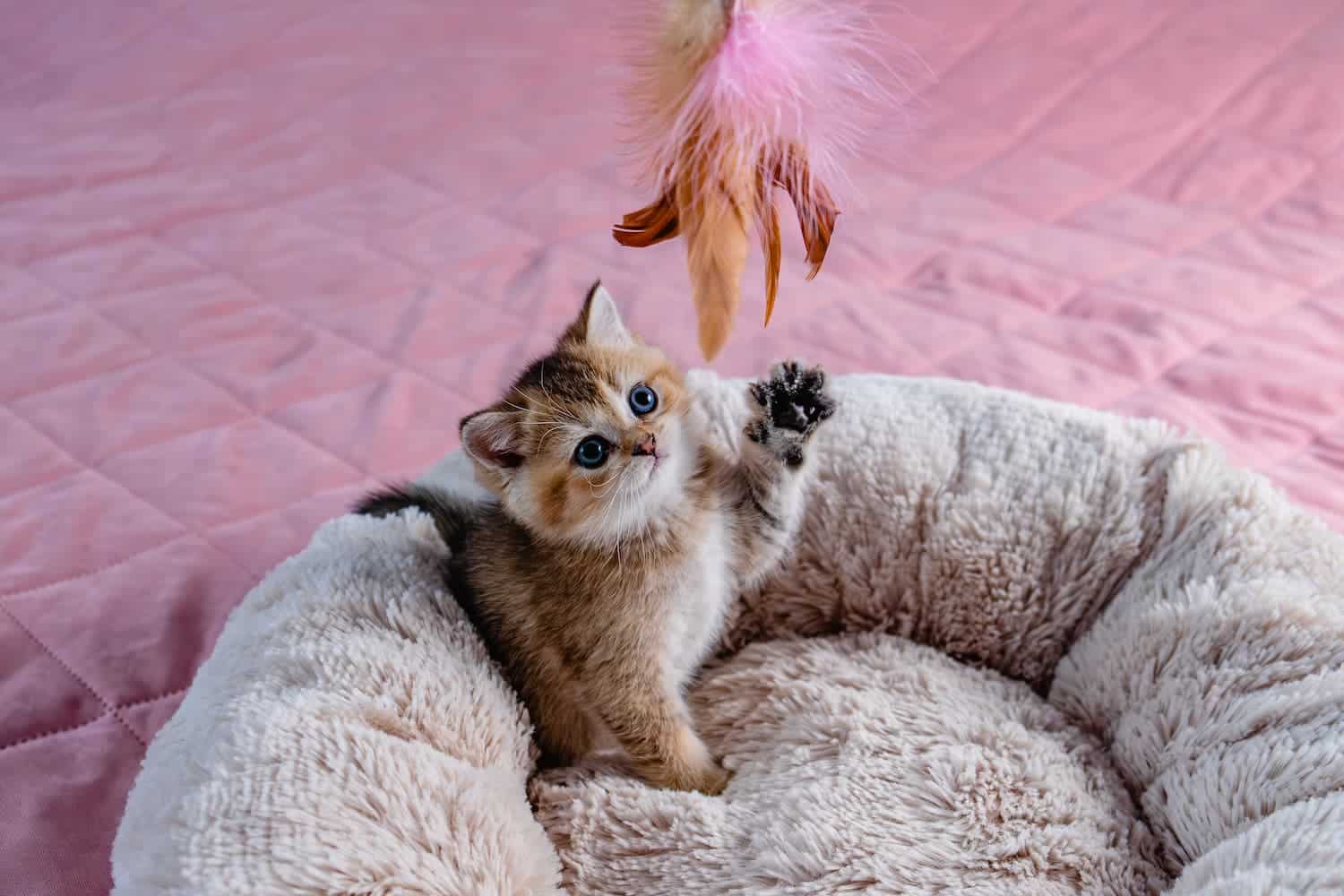
Why Do Kittens End Up in the ER? Top Emergencies We See in Young Cats
National Kitten Day on July 10 is the perfect opportunity to highlight just how vulnerable kittens really are. While most people are celebrating their playful personalities and tiny paws, we’re sharing what happens behind the scenes. At Animal Emergency Hospital Volusia in Ormond Beach, we see kittens every week for medical emergencies that often escalate quickly due to their size and developing systems.
Here are the most common reasons kittens end up in our emergency room and what you can do to help prevent them.
1. Swallowed Foreign Objects
Kittens are constantly exploring their world, which means everyday objects can quickly become dangerous. We’ve treated cases where kittens swallowed:
- String or yarn
- Hair ties or rubber bands
- Bits of plastic or packaging
- Toy parts
- Ribbon and shoelaces
- Dental Floss
Items such as string can create life-threatening blockages that require surgery. These are known as linear foreign bodies and can damage the intestines.
Tip: Supervise play and keep small, string-like items out of reach.
2. Parasite Infestations
Parasites are especially dangerous for kittens. Because they’re small, even a mild infestation can quickly lead to serious issues. Common culprits include:
- Roundworms
- Hookworms
- Fleas
- Coccidia
- Ear mites
Symptoms often include diarrhea, vomiting, bloating, pale gums, and lethargy.
Tip: All kittens should be screened and treated for parasites, even if they appear healthy. If your kitten is suddenly displaying any of the above symptoms, come and see us.
3. Respiratory and Eye Infections
Upper respiratory infections are common in kittens, especially those from shelters or rescue situations. Their immune systems aren’t fully developed, which makes them more susceptible to illness. We frequently see:
- Sneezing and nasal discharge
- Eye swelling or crusting
- Difficulty breathing
- Loss of appetite
Even a mild cold can become serious within 24 to 48 hours if left untreated.
Tip: Don’t ignore congestion or loss of appetite. These can be early signs of more serious illness.
4. Injuries and Trauma
Kittens love to climb, jump, and squeeze into tight places. Unfortunately, they’re also prone to accidents and injuries. Some of the most common include:
- Falls from furniture or stairs
- Being stepped on
- Injuries from other pets
- Crushed limbs from furniture or doors
Their bones are fragile, and internal injuries can happen with even minor trauma.
Tip: Monitor your kitten’s environment and avoid allowing them access to high surfaces or busy areas.
5. Fading Kitten Syndrome
One of the most urgent emergencies we treat is fading kitten syndrome. This condition often affects kittens under eight weeks of age and can come on with little warning. Signs include:
- Cold ears, paws, or gums
- Weakness or listlessness
- Inability to nurse or eat
- Sudden drop in energy
Fading kitten syndrome requires immediate veterinary care. Without fast intervention, the prognosis is poor.
Tip: If your kitten suddenly becomes quiet, limp, or feels cold, seek emergency care right away.
We’re Here Around the Clock
Kittens bring a lot of love and excitement into a home, but they also require attentive care and quick action when something seems wrong. If your kitten is showing any signs of illness or injury, don’t wait. Animal Emergency Hospital Volusia is open 24 hours a day, every day of the year. We’re here when your pet needs us most.



